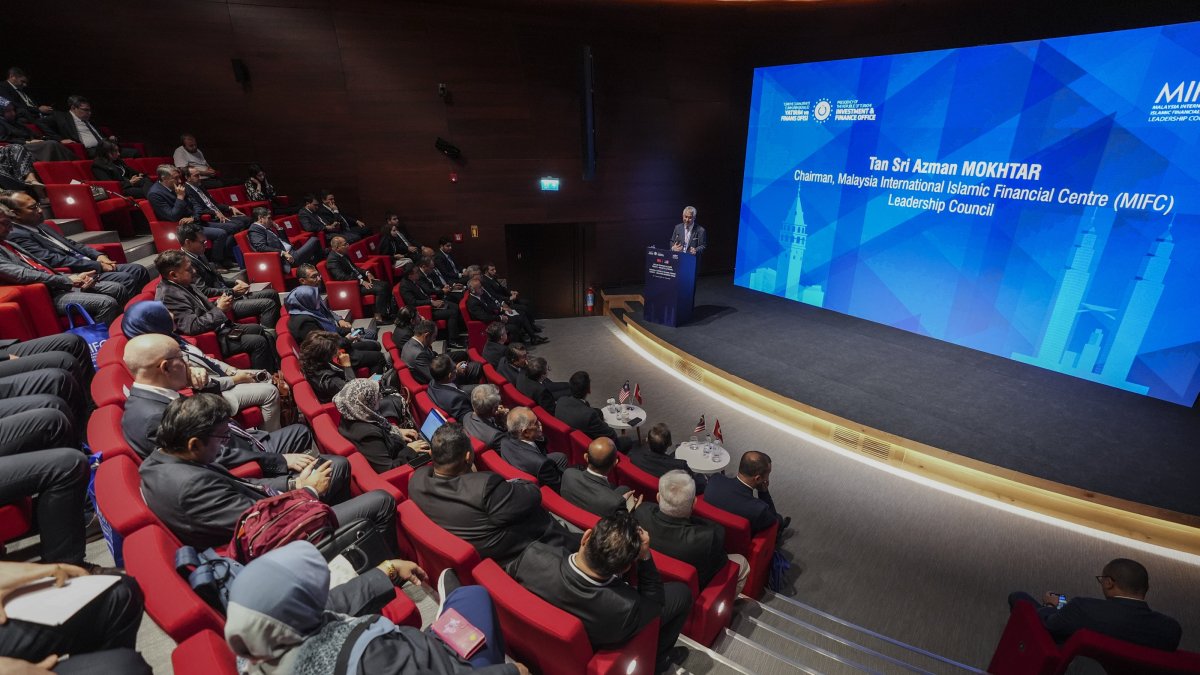South Africa's G20 Presidency: A Chance to Reshape Global Finance for Africa's Benefit
South Africa's upcoming presidency of the G20 presents a pivotal opportunity to advocate for a more equitable and inclusive global financial system. Lungisa Fuzile argues that Africa is not merely a recipient of aid but a significant player capable of contributing to solutions for the world's most pressing economic challenges. This presidency offers a unique platform to champion African priorities and reshape the narrative around the continent's role in global finance.
For too long, the global financial architecture has been dominated by the interests of developed nations, often neglecting the specific needs and challenges faced by African economies. Issues such as debt sustainability, access to capital, and the impact of climate change disproportionately affect the continent, hindering its development potential. South Africa’s G20 leadership can be a catalyst for change, pushing for reforms that address these imbalances.
One crucial area is debt relief. Many African nations are burdened by unsustainable debt levels, diverting resources away from essential services like healthcare and education. South Africa can leverage its G20 position to advocate for a more comprehensive and equitable debt restructuring framework, potentially including debt forgiveness for the most vulnerable countries. This would free up vital resources for investment in sustainable development and poverty reduction.
Furthermore, South Africa can champion increased access to capital for African businesses, particularly small and medium-sized enterprises (SMEs). SMEs are the engines of economic growth in Africa, creating jobs and driving innovation. However, they often struggle to access the financing they need to thrive. South Africa can advocate for policies that promote private sector investment, guarantee schemes, and innovative financing mechanisms tailored to the African context.
The presidency also provides a platform to highlight the impact of climate change on African economies. The continent is disproportionately vulnerable to the effects of climate change, despite contributing the least to global emissions. South Africa can push for increased climate finance for adaptation and mitigation efforts in Africa, as well as advocate for a just transition to a low-carbon economy that creates new opportunities for African businesses and workers.
Beyond specific policy reforms, South Africa's G20 presidency can also serve to elevate the voice of Africa in global financial governance. This includes advocating for greater representation of African countries in international financial institutions like the IMF and the World Bank, ensuring that the continent has a stronger say in decisions that affect its economic future. A more inclusive financial system, one that actively listens to and incorporates the perspectives of African nations, is essential for fostering sustainable and equitable global development.
Lungisa Fuzile's vision is clear: Africa is ready to step up and contribute to solving the world’s challenges. South Africa’s G20 presidency is a critical opportunity to translate this vision into reality, forging a new era of global financial cooperation that benefits all nations, but especially empowers the African continent to achieve its full potential. The time for Africa to lead is now, and South Africa's leadership on the global stage can pave the way for a brighter and more prosperous future for the continent and the world.






